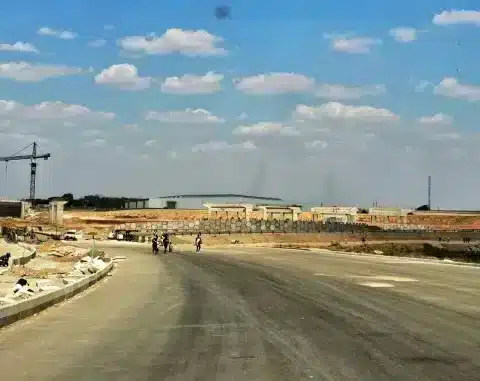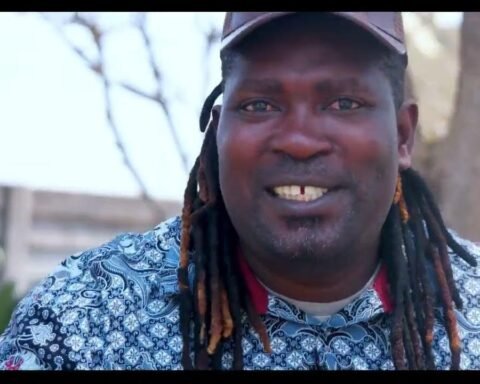Corruption is the most popular word in Zimbabwe. Even a juvenile in Zimbabwe can pronounce and spell it very well because no day goes by without the talk of it. According to Transparency Imternational Corruption Perception Index ranks Zimbabwe at 154th out of 176 most corrupt countries in the world. Up to date, Zimbabwe has had 8 legislative Acts to fight against corruption but non of them have yielded the slightest results.
What makes Zimbabwe a very interesting is the fact that most of the popular cases of corruption are predominantly in government administration. You hear G.M.B case, ZESA scandal, ZIMDEF, MMCZ amongst so many other scandals. The most disappointing fact is that all these crimes go unpunished. So is it that the people who commit these crimes are untouchable or is corruption a very normal tradition for people in power and its nolonger a crime?
Zimbabwe reminds me of my rural home, Rusape. As you get to our rural home there is a tiny growth point called Bawa and there is a small Tarven that used to be owned by one old man. The old fella used to work at Delta Beverages and therefore had access to draft beer that came in tanks which he sold to the local clientele in his Tarven. So whenever he came, he would pour a few more litres to the beer so as to increase the volume. This he did in the sight of his wife and worker in the tarven. As soon as he left for Harare, the wife would go into the coffers and steal a few dollars and inorder to cover up she would add a few more litres of water to the beer in the sight of the bartender. As soon as she left to go home, the bartender would also steal a few litres of beer and snuck them out of the shop to sell at the Jitis.
It did not take time till people realised that something was spooky about the beer at this tarven. You would drink and drink and usually get blotted before you get drunk. People started shunning away from the bar, it was the last place that people would go after drinking all the available alcohol and any other intoxicating substances. The funny part was that the administrators of the tarven did not acknowledge that they was a big problem because they were all part of the problem. It did not take long till the tarven closed down as it ran out of business and ran into massive loses.
In as much as this story is about a tarven in my rural home, it really hits home when you look at the governance of this country. The people who are sinking this country are non but its administrators. Bureaucracy is the mother of all corruption. It creates a system of a top down approach and thereby creating demi-gods that cannot be questioned and neither can they be accessed. You will hear that in order to see so and so at the top you have to be in good books with so and so who is his right handman. Many innovative ideas have perished in the hands of such embiciles. Every departmental innovation no matter how small, has to wait for the ratification of the minister who sometimes is barely available in his office leading to the innovation being irrelevant. There is so much centralization of power in one person across all parastatals such that the people in power become so complacent, ignorant and fail to be in touch with imminent realities.
When the structures of the system are flawed so will the functions. Hence corruption in Zimbabwe is simply perpetuated by the flawed structures of the system. The sad part is that when one chooses to confront corruption they are meet with so many toes tha should not be stepped on since corruption is a culture created by the administrative systems of our governance.
The solution to the Zimbabwe conundrum does not need a Sangoma to diagnose, it simply lies in corporate governance and thats all. Operations of a government should be guided by strict principles that should not be flaunted with by anyone. There should be accountability, transparency, professionalism, competence, efficiency, innovation, austerity and most of all public engagement. If we are ever to see meaningful investment in this country these principles should start to reflect in the conduct of government business as soon as yesterday otherwise the fate of the tarven shall be the fate of this country.








